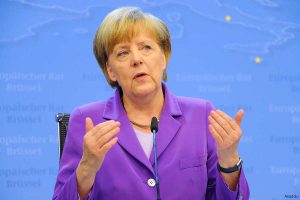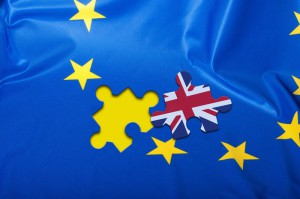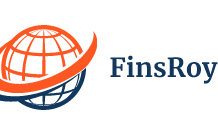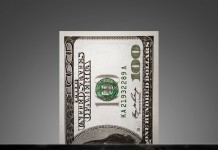Fed. Chair Jerome Powell to be confirmed this week
 The dollar has been on the back foot over the thanksgiving holiday as the drivers that have provided support slowly want. Janet Yellen may not have been the most dynamic or charismatic Fed Chair, certainly when compared to her two predecessors, but she provides a clear path for the Central Bank and gave as much advance guidance as was prudent to provide. Her successor, Jerome Powell is more pragmatic and a little less hawkish than Yellen.
The dollar has been on the back foot over the thanksgiving holiday as the drivers that have provided support slowly want. Janet Yellen may not have been the most dynamic or charismatic Fed Chair, certainly when compared to her two predecessors, but she provides a clear path for the Central Bank and gave as much advance guidance as was prudent to provide. Her successor, Jerome Powell is more pragmatic and a little less hawkish than Yellen.
The dollar index fell last week, erasing the gains that had been seen in November as concerns grew that the fed won’t hike rates at their meeting next month. Inflation, or the lack thereof, is the major concern facing the FOMC.
The employment report for November won’t be released until December 8th with inflation data due for release on the 12th, just two days before the meeting.
The dollar is set for a period of weakness as optimism over Brexit developments drives Sterling and the continued improvement in the Eurozone economy pushes the common currency higher. The Euro faces some strong resistance as it approaches 1.2000 but if the probability of a rate hike wanes, the dollar could fall rapidly.
Merkel finds a solution
 It seems that German Chancellor Angela Merkel has found a way to remain in power by rekindling the “Grand Coalition between her CDU/CSU group and the Social Democrats. The SPD has decided in the build-up to the September election that they would no longer take part in Government unless they were the majority party.
It seems that German Chancellor Angela Merkel has found a way to remain in power by rekindling the “Grand Coalition between her CDU/CSU group and the Social Democrats. The SPD has decided in the build-up to the September election that they would no longer take part in Government unless they were the majority party.
In the chaos that has ensued, Mrs Merkel seems to have managed to persuade Martin Schulz, the SPD leader to continue. The interim government presided over by Mrs Merkel already contains some SPD ministers.
This development has added to the positivity surrounding the common currency and a move thorough 1.2000 against the dollar and 1.1080 versus Sterling looks possible.
German data is also providing encouragement to Euro bulls the IFO index of industrial confidence and activity, released last week was at an all-time high, spurred no doubt by the probability of continued accommodative monetary policy through 2018. Mario Draghi has been clear that monetary policy must benefit the entire region so until inflation starts to pick up rates will remain low and additional measures will stay in place despite the occasional German inspired mumblings to the contrary.
Brexit optimism wanes (again)
 Donald Tusk, the European Council Leader has poured cold water on the words of his colleague Jean-Claude Juncker who sounded an optimistic note in a speech last week saying that intensive negotiations had taken place and a decision on moving to stage two of Brexit talks was imminent.
Donald Tusk, the European Council Leader has poured cold water on the words of his colleague Jean-Claude Juncker who sounded an optimistic note in a speech last week saying that intensive negotiations had taken place and a decision on moving to stage two of Brexit talks was imminent.
Tusk has now given the U.K. an “absolute deadline” of December 4th to provide proposals for the three issues. It now seems common knowledge, although not confirmed by Downing Street, that the financial offer will be forty billion euros and there may be some for manoeuvre over the rights of EU citizens remaining in the UK. (which will infuriate hard-line Brexiteers) but the question of the Irish border remains a major stumbling block.
The antipathy between both sides in Ireland is well known and the threats of the Irish Government to veto any agreement that includes any kind of closed border are clear and real. The British Government insists that the whole of the U.K. is leaving the single market and customs union and won’t agree to any “halfway house”. This policy is driven in part by the hard-line attitude of Theresa May’s Northern Irish DUP MPs for her minority Government.
















